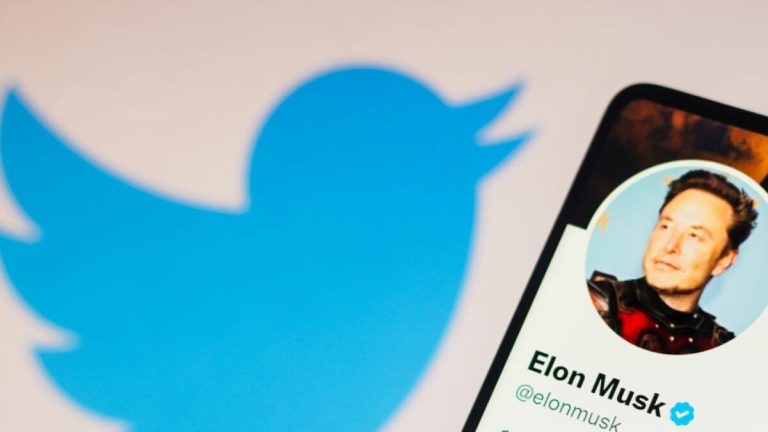In the rapidly evolving world of artificial intelligence, OpenAI has once again attracted attention with the introduction of Sora, its cutting-edge text-to-video AI model. Revealed on February 16, 2024, Sora promises to revolutionize the way we design and produce visual content, allowing users to generate one-minute videos from nothing but written prompts. Yet, as with any revolutionary technology, Sora’s debut is not without its detractors, including tech mogul Elon Musk, whose recent interactions with OpenAI CEO Sam Altman have sparked discussion within the community technological.
The birth of Sora: a leap into the future
With the unveiling of Sora, OpenAI embarks on a journey to bridge the gap between textual imagination and visual representation. Described by Sam Altman as a model still in its “red-teaming phase”, Sora is currently being rigorously tested by a select group of visual artists, designers and filmmakers. This cautious approach highlights OpenAI’s commitment to ensuring that Sora does not inadvertently produce harmful content, a primary concern in the deployment of AI technologies. While no specific timeline for a wide release has been provided, the anticipation within the creative community is palpable, with many eager to explore the limits of this new tool.
Musk’s biting criticism
Sora’s introduction, however, was not universally praised. In a move that highlights the complexity of the relationship between OpenAI and its co-founder, Elon Musk, the latter took to social media to express his skepticism. Musk’s response, a sarcastic screenshot mocking OpenAI’s transition from a “non-profit open source company to a closed for-profit company,” suggests a deeper critique of the evolution of the ethics and operational transparency of the organization. This interaction, which adds to Musk’s history of supporting the development of open source AI, sparks a broader discussion about the ethics of AI technology and its diffusion.
Between innovation and responsibility
The conversation around the strategic direction of Sora and OpenAI is emblematic of a broader dialogue within the technology industry: the balance between innovation and responsibility. As AI technologies continue to advance at a breakneck pace, the question of how to ethically guide their development and implementation becomes increasingly pressing. OpenAI’s methodical approach to releasing Sora, prioritizing security and ethical considerations, reflects an awareness of these challenges. Meanwhile, criticism like Musk’s is a reminder of the ongoing debate over how to manage the future of AI.
In conclusion, OpenAI’s introduction of Sora marks a significant milestone in the text-to-video AI landscape, paving the way for new possibilities for creators and technologists. Yet it also brings to the forefront critical discussions about the ethics of AI development, the importance of open source principles, and the future of AI governance. As Sora continues to be tested and refined, its journey from a promising prototype to a widely available tool will be closely watched by its supporters and critics. In this evolving narrative of innovation, the balance between unlocking creative potential and safeguarding ethical principles remains a central theme.


